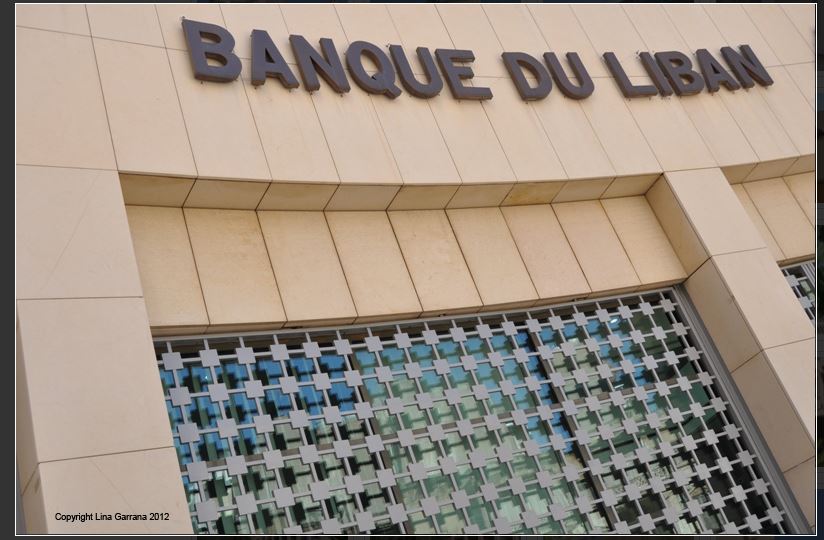Lebanese Central Bank (Banque du Liban) Governor Riad Salameh has been charged with dereliction of duty and breach of trust, the state news agency reported on Thursday.
Judge Ghada Aoun also brought charges against a money exchange company for breaching an administrative regulation, the agency said.
It did not provide further details. Salameh was not immediately available for comment.
Salameh has headed Lebanon’s central bank since 1993. Aoun had been investigating his management of dollars that were allocated for subsidising basic goods.
His role came under scrutiny after Lebanon’s financial system collapsed in 2019, prompting a crash in the Lebanese pound and a sovereign default.
The Swiss federal prosecutor’s office has opened an investigation into “aggravated money laundering” and “possible embezzlement” from the crisis-hit Lebanese central bank.
With around half of its population falling into poverty, according to UN estimates, Lebanon is in desperate need of financial assistance. But potential donors, including France, have said they want to see a forensic audit into the Banque du Liban’s books first. This audit has been mired in controversy, and auditors Alvarez & Marsal withdrew late last year. The Lebanese government itself estimates that the Banque du Liban is sitting on tens of billions of dollars worth of losses.
There is public concern for recovering alleged ill-gotten gains and correcting the effects of “financial engineering,” at the central bank. Allegedly, billions of dollars have benefited individuals and non-bank corporations. And since it is impossible under the shadow of banking secrecy to know who benefited from what, the forensic audit is deemed essential by Lebanon’s donors. This audit was requested by the President of the Republic and approved by the government. The international community is also waiting for it, after President Macron described the Banque du Liban’s operations as a “Ponzi scheme”.
Mr Salamé has repeatedly warned that Lebanon is nearing the limit of its foreign currency reserves, used to subsidise imports of fuel, medicine and essential foods.







Click here to change your cookie preferences